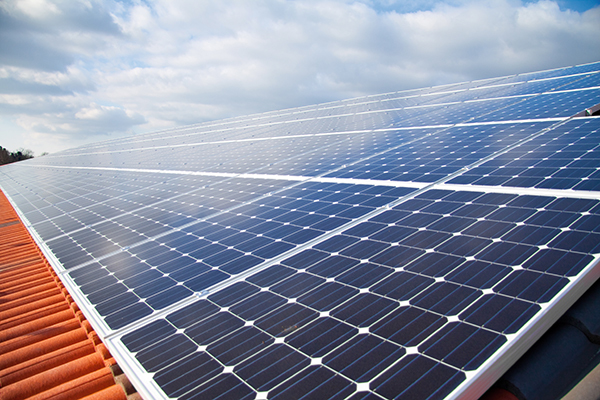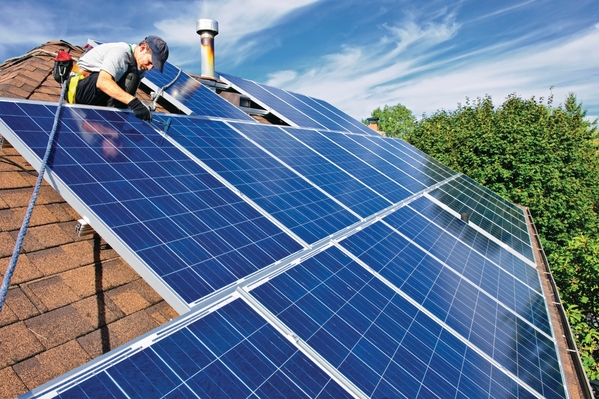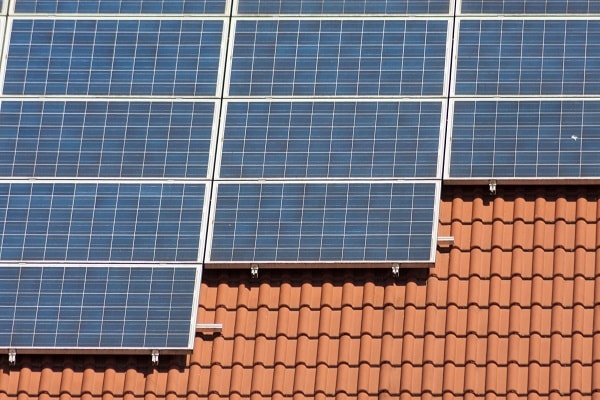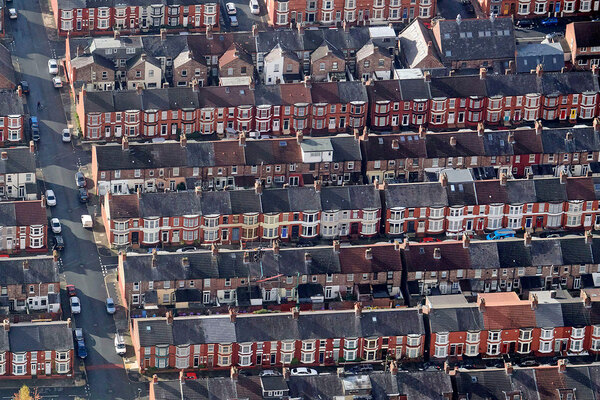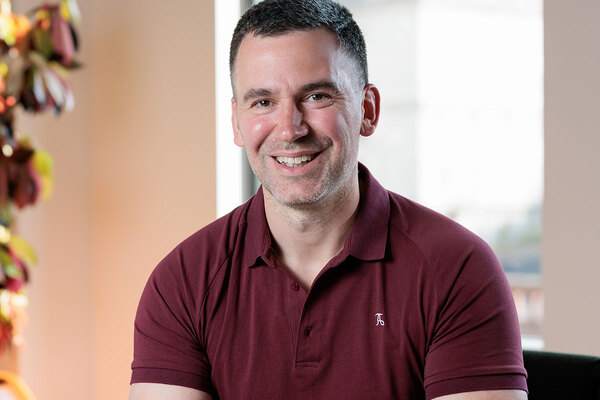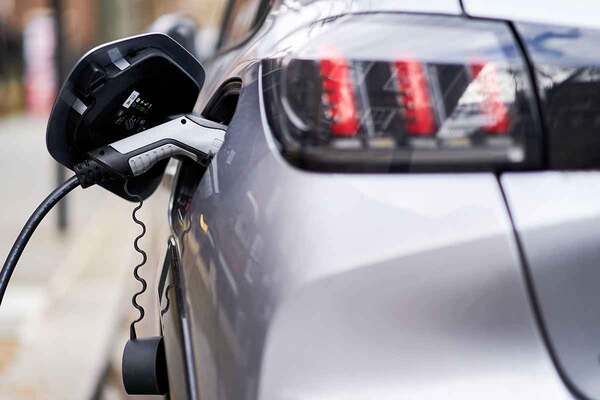You are viewing 1 of your 1 free articles
 Bevan Jones
Bevan JonesSolar deal is the start of a new era
A new £160m deal heralds a wider shift towards sustainable investment in the sector as rent and grant cuts hit associations, says Bevan Jones
The announcement last week that Solarplicity and Maas Capital (backed by Dutch bank ABN-AMRO) will be investing £160m in solar panel generation for social housing providers should alert those delivering social housing that responsible, ethical and sustainable investment has entered the mainstream in UK housing.
This is a good deal for all involved – residents get cheaper electricity, landlords improve their stock and investors get a return.
While many will look at this as a challenge to the dominance and continued failure of the Big Six energy companies to provide value for money and service, it actually marks a wider change towards more responsible investment strategies.
Social housing providers have a good reputation for building high quality energy-efficient homes. But that hard-fought reputation is under threat as the rent reduction policy and drops in government grant have forced many organisations to either merge or drastically cut costs.
“The deal marks a wider change towards more responsible investment strategies.”
Commercial pressures, higher build cost and a focus on numbers have meant that quality, and in turn sustainability, have fallen down the agenda.
At Sustainable Homes we have seen whole sustainability teams made redundant, cuts to investment in sustainability solutions and the removal of a number of higher standards for sustainability. Poor policy signals from government on zero-carbon homes have not helped.
The traditional social housing sector and the wider construction sector are far behind other industries – retail, utilities – in committing to and delivering growth in a sustainable and efficient way.
In the past 25 years the UK economy’s productivity grew by 40% while construction grew by just 11%. Furthermore this 40% growth was done without increasing national carbon emissions. This ‘decoupling’ of emissions from growth shows that efficiencies are there to be had.
Our own research has shown, however, that social housing providers are increasingly failing to decouple their growth in revenues from their emissions. They are increasingly inefficient.
“Social housing providers are increasingly failing to decouple their growth in revenues from their emissions.”
What does this have to do with solar panels? The fact is investors and pension funds will invest where they see low risk.
There has been significant responsible investment in commercial property based on sustainability standards and the organisational commitment to sustainability of the developer.
This simply is not the case in housebuilding – especially in the social sector. Increasingly if you are not a sustainable organisation building sustainable products or demonstrating a real commitment to sustainability, you are not an attractive investment option.
The Solarplicity deal is about more than just solar panels and energy costs. The Trafford Housing Trust deal with Blackrock earlier in 2017 shows that there is increasingly a space for private investors and pension funds – even more so for ethical and responsible ones.
“The future of sustainable housing will come from ethical investors and pension funds.”
Housing associations, the majority of which are committed to their social purposes, have an obligation to seek out the most responsible and climate-friendly investors – not just for low carbon technology, but also for the construction of new homes.
The future of sustainable housing will not be forged from policy; rather it will come from ethical investors and pension funds committed to seeing a long-term investment based on truly sustainable, climate-resilient, low-carbon property. The Solarplicity deal is the start of something far bigger.
Bevan Jones, managing director, Sustainable Homes
